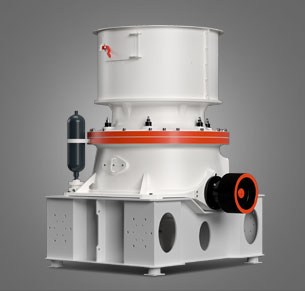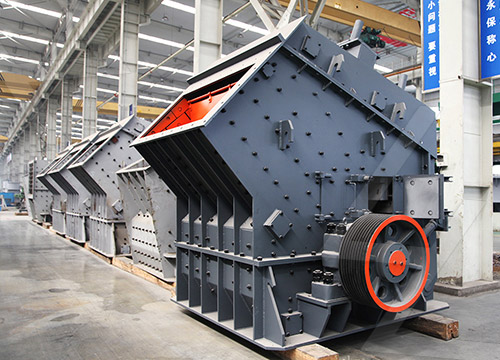Designing a motor for a jaw crusher involves several key considerations to ensure efficient crushing performance, reliability, and energy efficiency. Below is a structured approach to jaw crusher motor design and crushing optimization:
—
1. Motor Selection Criteria
The motor must provide sufficient power to crush hard materials (e.g., granite, basalt) while handling intermittent shock loads.
# Key Parameters:
– Power Rating (kW/HP):
– Calculated based on the crusher’s capacity, feed size, and material hardness.
– Empirical formula:
\[
P = \frac{Q \times W_i}{1.34 \times 10^5 \times \eta}
\]
Where:
– \(Q\) = Throughput (tons/hour)
– \(W_i\) = Bond Work Index (kWh/ton)
– \(\eta\) = Efficiency (~0.6–0.8 for jaw crushers)
– Torque & Starting Requirements:
– High starting torque (150–200% of rated torque) to overcome initial inertia.
– Use slip-ring or high-efficiency squirrel-cage induction motors with soft starters/VFDs.
– Speed (RPM):
– Typically ranges from 250–300 RPM for primary crushers (adjust via V-belt/pulley systems).
—
2. Motor Type Options
| Motor Type | Advantages | Disadvantages |
|———————-|—————————————-|————————————|
| Squirrel Cage Induction | Low cost, robust, easy maintenance | High starting current |
| Slip Ring Induction | High starting torque, smooth acceleration | Complex maintenance |
| Synchronous Motor | Power factor correction, high efficiency | Expensive, complex control |
– Best Choice: Slip ring or soft-starter-equipped induction motors for heavy-duty crushing.
—
 3. Crushing Mechanics & Motor Integration
3. Crushing Mechanics & Motor Integration
– Flywheel Design: Stores energy to balance peak loads and reduce motor strain.
– Toggle Plate: Protects the motor by disengaging during overloads (uncrushable material).
– V-Belt Drive: Allows speed adjustment and absorbs vibrations.
—
 4. Energy Efficiency Tips
4. Energy Efficiency Tips
– Use a Variable Frequency Drive (VFD) to adjust motor speed based on feed rate.
– Opt





Leave a Reply